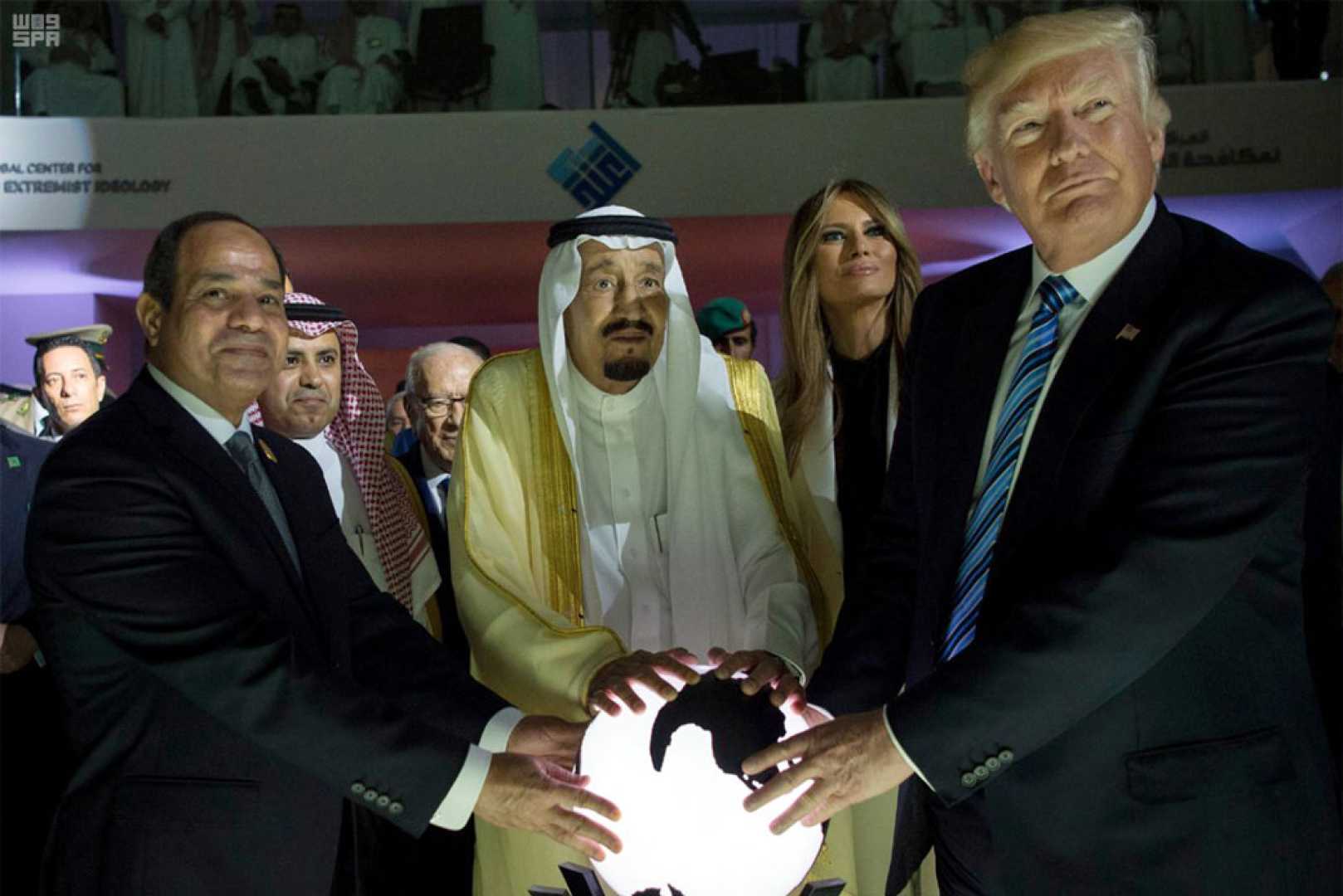Politics
Trump’s Middle East Visit: A Focus on Investment, Not Diplomacy

Washington, D.C. – President Donald Trump is set to embark on a pivotal visit to the Middle East, focusing on economic investments rather than diplomatic breakthroughs. The trip will include stops in Saudi Arabia, the United Arab Emirates, and Qatar.
White House sources indicate that Trump aims to enhance investment from these wealthy nations into the United States, deepen cooperation on artificial intelligence (AI), and expand energy partnerships. There are also plans for a possible major arms sale to Saudi Arabia during the trip.
This visit is particularly significant given Trump’s business interests in the region, where his company is pursuing various projects, including a high-rise in Jeddah and a luxury hotel in Dubai. However, observers argue that diplomatic efforts, especially regarding the expansion of the Abraham Accords, should also take priority.
The Abraham Accords, a key achievement of Trump’s first term, aimed at normalizing relations between Israel and Arab nations, could see renewed momentum if agreements with Saudi Arabia move forward. Despite intensive negotiations during the Biden administration, significant deals, including a mutual defense treaty and a civil nuclear energy agreement, remain unresolved.
Crown Prince Muhammad bin Salman of Saudi Arabia has expressed a strong interest in such agreements, despite ongoing discussions about U.S. treaty commitments in the region. Trump may be cautious about binding contracts that align with prolonged military presence in the Middle East amid pressures to focus on the Indo-Pacific region.
Moreover, there’s uncertainty over whether Saudi Arabia views any U.S. alliance as effective, given past tensions. Trump’s political style may also complicate the ratification process for any new treaty, which would require support from a majority of Democratic senators.
Continued discussions surrounding a civil nuclear agreement are also in play, as Saudi Arabia seeks to enrich uranium for civilian energy under U.S. control to ensure it doesn’t contribute to weapons proliferation. As negotiations with Iran progress, Saudi Arabia may hesitate to finalize any deal that could disadvantage its position.
Current tensions due to the war in Gaza pose additional challenges. Crown Prince Muhammad must balance domestic support for Palestinian civilians with his push for normalization with Israel. U.S. Special Envoy Steve Witkoff has indicated that while announcements regarding the Abraham Accords may be forthcoming, a target timeline for significant progress is set for 2026.
Trump’s diplomatic strategy in the region will not only impact economic investments but also the broader geopolitical landscape, including addressing the ongoing humanitarian crisis in Gaza. Negotiations for hostage exchanges and ceasefires remain vital, as Hamas continues to refuse releasing Israeli hostages.
The stakes are high for all parties involved, and Trump’s approach will be closely monitored both in the Middle East and back in the U.S., as it could redefine U.S.-Gulf relations for years to come.












